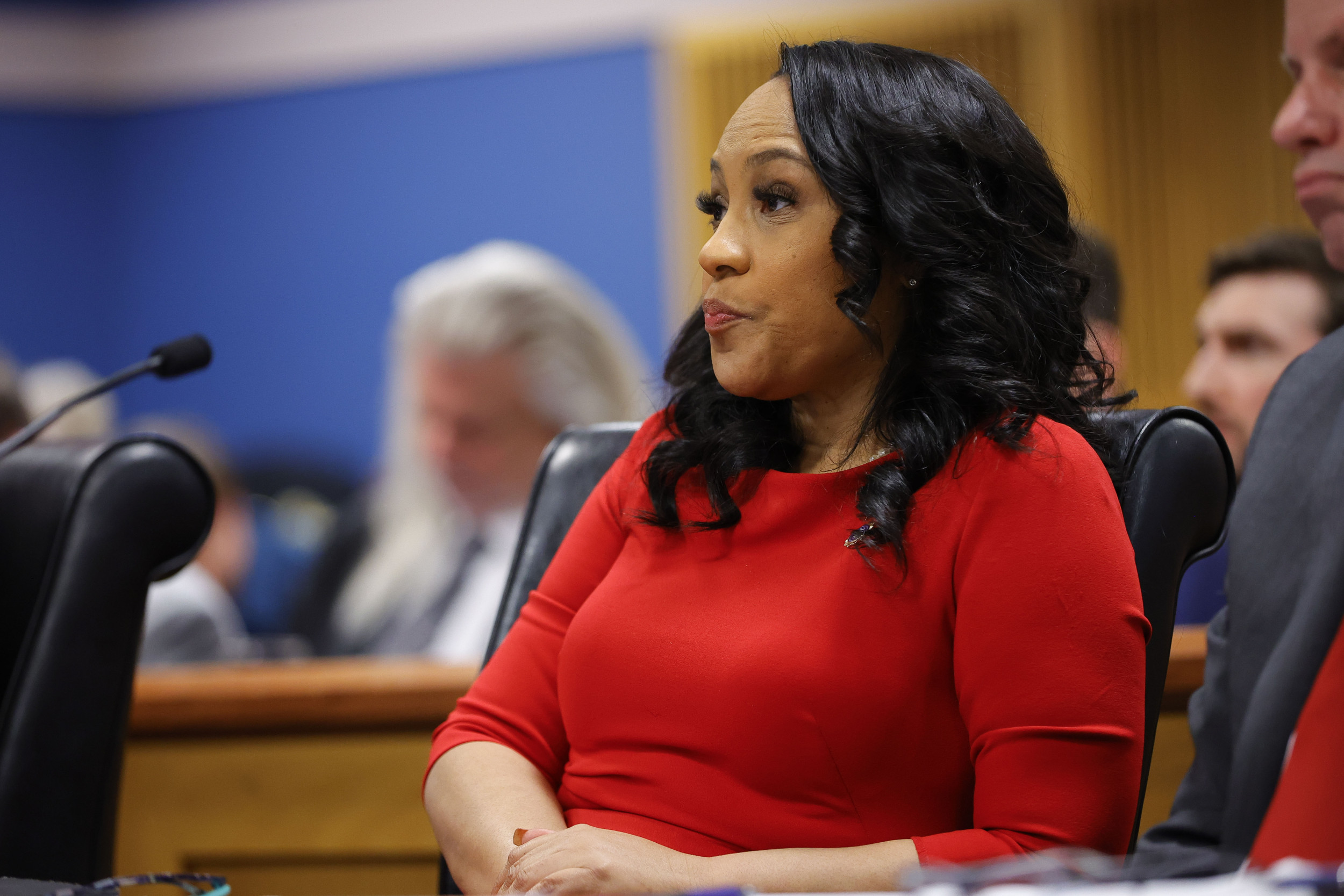This month, a tragic wave of teen fentanyl deaths prompted Texas lawmakers to propose mandatory fentanyl prevention and drug poisoning education in grades 6-12. Other states around the country are also struggling to confront skyrocketing rates of teen overdoses. As a researcher who has studied drug use for more than 15 years, I urge lawmakers and educators to consider not only what is being taught, but who is teaching it. With community trust in police at record lows, schools must reconsider whether police should be implementing their drug prevention programs.
Students' acceptance of the prevention message depends on their trust in and their perceived credibility of the source. With the disintegration of the public's trust in police, it is hard to argue that they still make ideal prevention messengers. Yet many schools depend on police to deliver drug prevention content. LifeSkills Training, one of the most widely used curriculum in the country, lists police among the most common facilitators of their program. Similarly, some 6,000 law enforcement agencies deliver D.A.R.E. (Drug Abuse Resistance Education) programs to "1.2 million K-12 students annually who reside in more than 10,000 communities throughout the United States," according to the D.A.R.E. website.
Schools historically favored police as prevention instructors because they were "experts" on substance use issues. It also made sense to have police lead these programs because the 1970s and 1980s "War on Drugs" approach initially framed drug use as a criminal-legal issue. In addition, children viewed police as role models with exciting jobs.
Today, however, trust in police has reached record lows, due to numerous high-profile killings of Black Americans by police and growing awareness of police misconduct. By 2020, Gallup found for the first time that a majority of Americans (52 percent) do not trust law enforcement. Not surprisingly, Black Americans—more likely to die than white people from police use of force—showed the lowest trust levels, at just 19 percent. Such attitudes are not expected to improve anytime soon.
This widespread distrust seems likely to weaken the effectiveness of prevention programs. Worse, students who hold negative attitudes toward police may find their delivery of drug prevention programs psychologically threatening.
The decision to use police ignores the fact that students often come from communities where their relationship with law enforcement is strained. The excessive use of police force when dealing with Black people has led to confusion, anger, and fear in many Black communities. The legacy of the drug war, which disproportionately harmed urban Black neighborhoods, also undermined police-community relationships. The decades-long history of over-policing in these communities has no doubt made it difficult for youth from these areas to view police as a trusted source.
Similar reactions toward the police can be found in some Hispanic and Muslim communities, exacerbated with the recent rise in anti-immigrant sentiment, and bolstered by the expanded use of local police in carrying out deportation orders. Therefore, students seem less likely to view police as a trusted authority figure than as someone who could deport, harass, or arrest them.

Rather than police, teachers or mental health professionals should deliver drug prevention programs. Teachers, already excellent educators, have an established bond with students that could enhance program effectiveness. Similarly, mental health professionals (school psychologists or social workers) would make good facilitators. Their specialized clinical training uniquely qualifies them to discuss sensitive drug-related topics, while developing trust and rapport with students.
Much has changed in the drug prevention field since the so-called crack epidemic of the 1980s and 1990s prompted "tough on crime" policies, where police became the face of drug prevention programs. Today, America embraces a "softer" response to drug use which de-emphasizes police involvement. The prevention field now views drug use as a public health problem, rather than a criminal issue. Given this shift, using police to deliver prevention programs feels outdated. It sends the inaccurate message that teens who use drugs need punishment, not help.
To be clear, I am not anti-police. I appreciate police and their important role in society. Several of my family members and close friends are police. In fact, before I became a substance use researcher, I very much wanted to be a police officer myself. But despite millions of dollars spent annually on drug prevention programs across the country, teen drug use rates remain concerningly high. We need to change how we're delivering drug prevention programs in schools. If we want students to trust what we tell them, we need to turn to adults and community members they already trust.
Khary Rigg, PhD, is an associate professor of mental health law and policy at University of South Florida, and a Public Voices Fellow of AcademyHealth in partnership with The OpEd Project.
The views expressed in this article are the writer's own.
Uncommon Knowledge
Newsweek is committed to challenging conventional wisdom and finding connections in the search for common ground.
Newsweek is committed to challenging conventional wisdom and finding connections in the search for common ground.
About the writer
To read how Newsweek uses AI as a newsroom tool, Click here.





